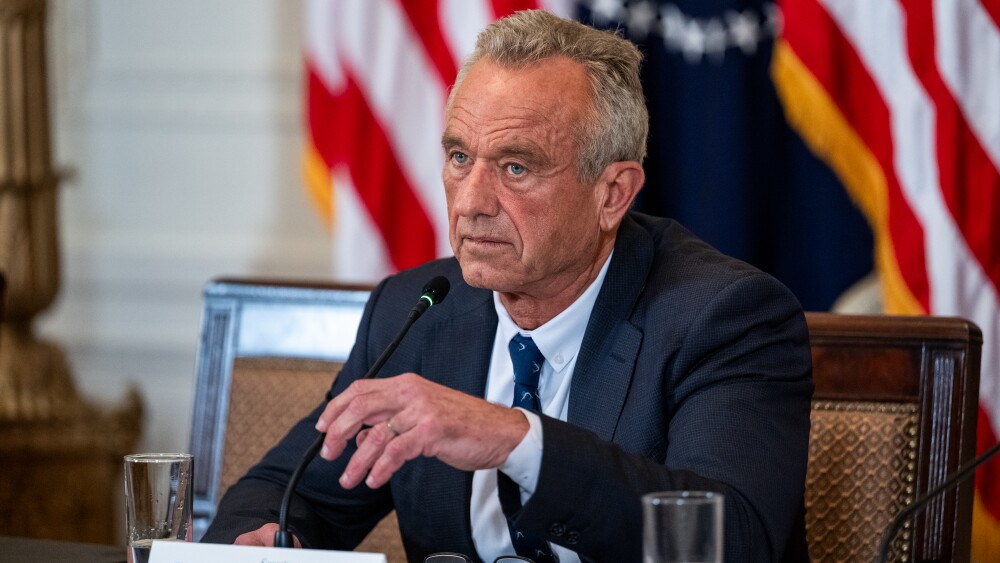Meeting features discussion of emerging science, health implications, and social impact of brain research
WASHINGTON--(BUSINESS WIRE)--Neuroscience 2015, the annual meeting of the Society for Neuroscience (SfN), will take place Oct. 17-21 in Chicago, creating the world’s largest annual forum for presenting emerging research on the brain and nervous system.
“The Society is delighted to host the global neuroscience community again this year as part of our collective work to advance science and improve health”
With about 30,000 expected attendees, the SfN annual meeting is one of the largest scientific meetings in the world. This year it will host more than 15,000 scientific presentations, generate more than $100 million in local business revenue, and feature more than 600 exhibiting companies, reflecting the economic engine powered by biomedical science. It attracts attendees from around the globe, with about a third of attendees from outside the U.S.
“Neuroscience 2015 will be an unmatched event to connect the global neuroscience community, helping to advance basic understanding of the brain and improve health for the nearly 1 billion people worldwide who are affected by neurological and psychiatric disorders,” said SfN President Steve Hyman, MD, of the Broad Institute of Harvard and MIT. “The meeting will share the leading edge of neuroscience with a global public audience and highlight the importance of investing today in scientific discoveries that will power tomorrow’s treatments.”
Speakers include three Nobel Prize winners, a recent MacArthur Foundation “Genius” Award winner, and other leading scientists working at every level of discovery, from basic science to therapeutic applications and drug development. The meeting will release new findings that explore novel understanding about the aging brain; advances in early detection of brain disorders; growing knowledge about the role of gut microbes in brain function; new insights into cells and cell function; novel approaches to traumatic brain injury; the biology of social behavior and addiction; and new tools and technologies that are driving the field’s progress and potential.
Hyman noted that many countries around the globe are investing heavily in brain research and urged this to continue. The investment reflects growing scientific opportunity to understand the most complex biological structure in the known universe and to ease the enormous burden of disease for those living with brain disorders. Conditions include developmental disorders, such as autism and schizophrenia; others that strike during prime years for schooling and work, such as depression and traumatic brain injuries; and diseases of aging, such as Alzheimer’s, Parkinson’s, and macular degeneration. In addition to the suffering they cause individuals and families, brain disorders cost nations billions of dollars in direct health care expenditures, often remove caregivers from the workforce outside the home, and are the world’s leading causes of disability.
Additionally, Neuroscience 2015 sessions will explore the social impacts of brain research. U.S. District Court Judge Jed Rakoff will kick off the event speaking about the connections between neuroscience and the law, where recent advances in brain research are raising important and unexpected implications for the development and application of legal principles. Francis Collins, MD, PhD, director of the U.S. National Institutes of Health, will discuss how his agency, working with the neuroscience community, is catalyzing development of technologies to provide dynamic pictures of the brain, both in disease and in health, including through the multiagency U.S. Brain Research through Advancing Innovative Neurotechnologies (BRAIN) Initiative. Joseph Fins, MD, of Weill Medical College will explore the neuroethics of consciousness and human rights.
“The Society is delighted to host the global neuroscience community again this year as part of our collective work to advance science and improve health,” Hyman said. “And we welcome attendees to Chicago, a year-round home for exceptional science, health advances, and medical innovation.”
Reporters are encouraged to cover the meeting, which provides a working press room, an in-depth press program featuring the latest advances on emerging brain science, opportunities for interviews with leading innovators, and live-streaming of press conferences. Register for media credentials here.
For more information, view the final Neuroscience 2015 Program.
The Society for Neuroscience (SfN) is an organization of nearly 40,000 basic scientists and clinicians who study the brain and nervous system.
Contacts
Society for Neuroscience
Emily Ortman, 202-960-4090
eortman@sfn.org




